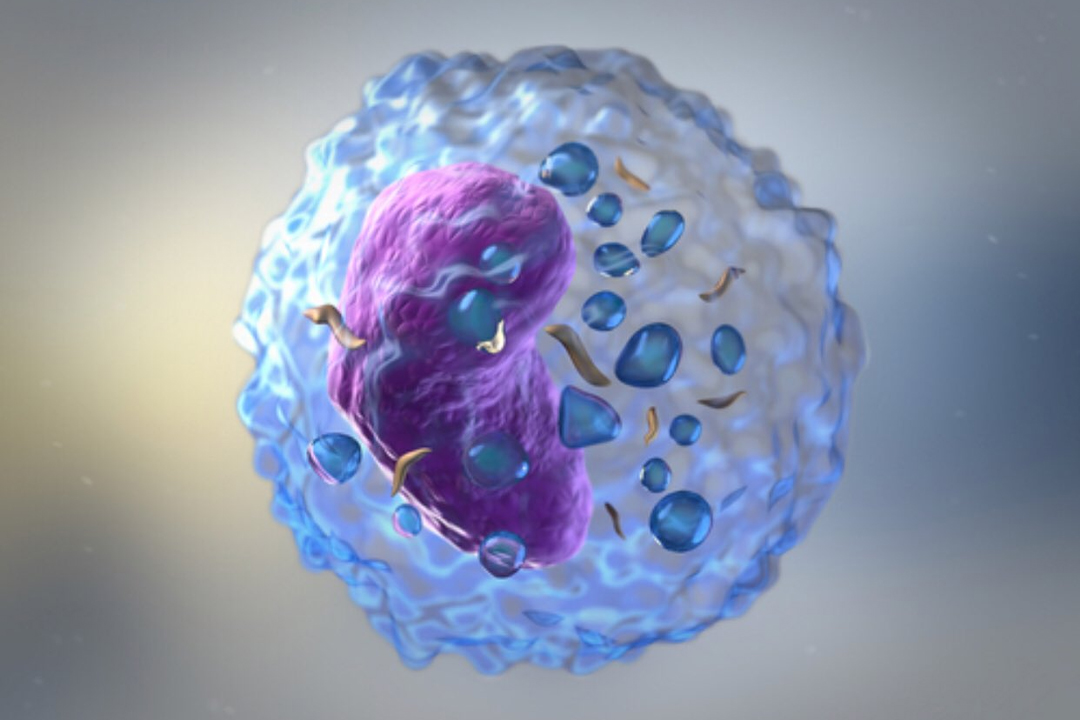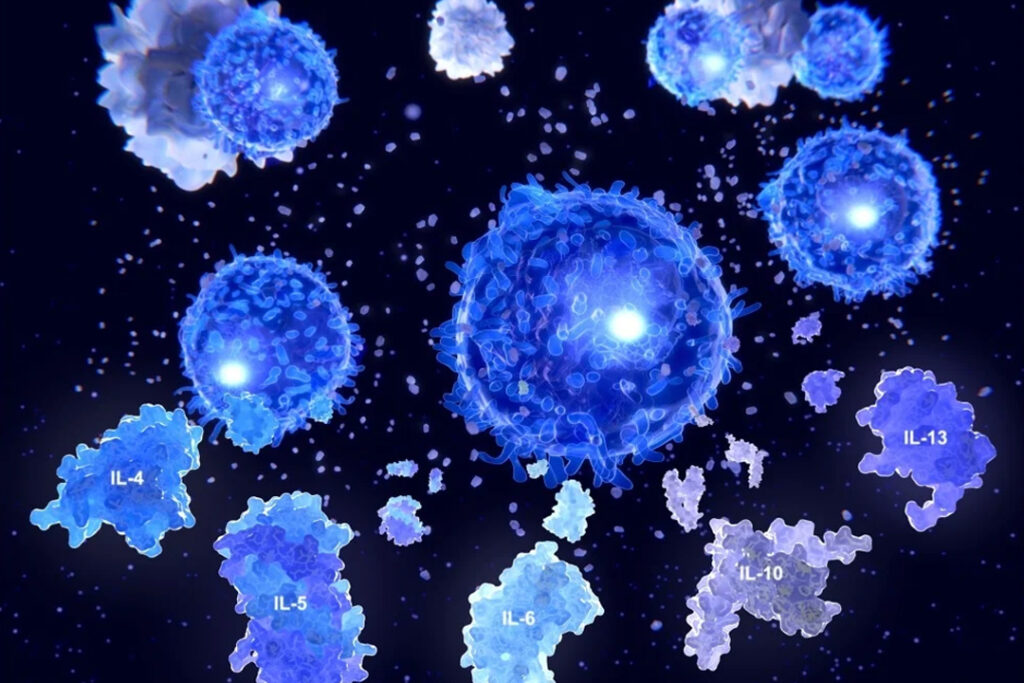What feels like the end is often the beginning

Various immunological treatments for IVF may be available, all of which have the potential to impact the patient’s immune system significantly. When a couple experiences several unexplained failed IVF cycles (recurrent implantation failure) or more than three miscarriages, and the cause cannot be explained by uterine issues, infections, genetic disorders, or other causes, the explanation might be immunological difficulties. The complicated connection between the implanting embryo and the mother’s immune system is essential for pregnancy success, according to studies. Issues that cause miscarriages or recurring chemical pregnancies that arise early in pregnancy can also contribute to recurrent implantation failure. In these circumstances, we will conduct a comprehensive examination of the uterus, sperm, infection, and, if feasible, genetic abnormalities (e.g., karyotyping), but we will also attempt to identify and treat any immunological or clotting issues by recommending appropriate immunological treatment.

Natural Killer Cells
Natural killer cells in the mother’s uterus have the ability to interact instantly with foetal trophoblasts (the cells that form the placenta). The only sophisticated biochemical connection between the foetal cells and the mother’s immune system allows the uNKs to tolerate the foetus. Some women with reproductive issues, notably recurrent miscarriage or unsuccessful IVF, are more likely than others to have greater levels of maternal NK cell activity. In some women, immune defences may be hyperactive, resulting in poor embryo tolerance and direct assault on foetal cells by maternal uNKs. Our approach is to identify people likely to have these problems and provide immunological therapy to reduce uterine immune hostility (e.g., steroids, blood thinners, intralipids, and GCSF).

Thrombophilia
The mother’s inclination to create blood clots in the uterus and placenta is inhibited in a normal pregnancy, and blood flows effortlessly to the baby. However, some moms have thrombophilia (excessive blood clotting), which can be caused by a number of hereditary or immunological factors. In comparison to the general population, women with thrombophilia have a greater chance of implantation failure, miscarriage, stroke, and heart attack, depending on their particular abnormality. In most circumstances, you can use blood thinning medication to treat the disease.

Alloimmune problems
During a normal pregnancy, the mother’s immune system cells must distinguish the embryo as foreign cells. It is the initial stage in developing defensive blocking antibodies to safeguard the embryo from the mother’s immune system. We uncovered an inability to produce antibodies capable of identifying embryonic cells in particular women. We use white blood cells from the male partner as a substitute for embryonic cells in the lab because we believe that if the mother’s blood lacks antibodies to these cells, she is more likely to lack antibodies that can bind (and allow recognition of) embryonic cells made from his genetic material (the LAD/antipaternal antibody test). A procedure known as LIT (lymphocyte inoculation therapy) can be effective as an immunological treatment in instances when a low LAD is linked to recurring miscarriage. Alloimmune issues might be devastating when the male and female partners have extremely comparable cell surface markers (e.g., DQ alpha).
